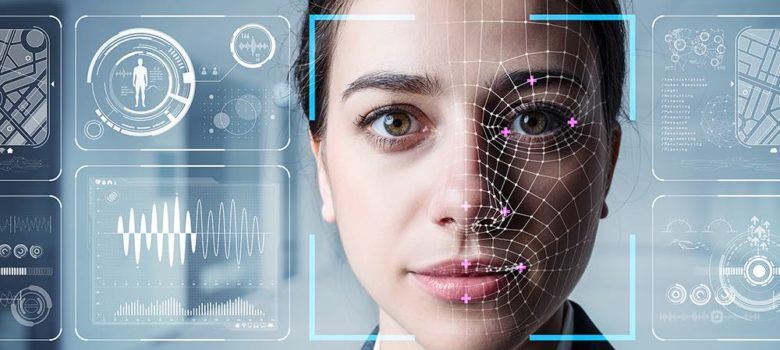

Using AI as an Early Detector of Cognitive Decline
by Zara Jethani
Pacific Neuroscience Institute’s Pacific Brain Health Center, an outpatient clinic of the Providence Saint John’s Health Center in Santa Monica, CA, is the site for an IRB approved study from Evoke Neuroscience. The study which began initial enrollment of patients on November 8, 2019, uses an AI framework capable of diagnosing mild cognitive impairment (MCI) and Alzheimer’s disease (AD), with Evoke’s flagship medical device, the eVox® System.
“Alzheimer’s represents one of the most important public health concerns to affect us in the coming decades,” explains Dr. David Merrill, MD, PhD, Pacific Brain Health Center director and geriatric psychiatrist, and study co-Principal Investigator.
“Although currently no cure exists for Alzheimer’s, one in three cases of dementia could be prevented by addressing various lifestyle factors. But the key to prevention is recognizing brain changes related to cognitive decline as early as possible so physicians have adequate time to implement successful interventions.”
– David Merrill, MD, PhD
In their press releases1,2, Evoke Neuroscience states the following.
The AI framework will provide rapid, sensitive, and specific diagnosis of MCI and AD in a primary care setting, thereby accelerating next-level care in disease detection and treatment planning.
The eVox System is commercially available and used by primary and specialty care physicians to aid in diagnosis of memory loss and other cognitive disorders such as Alzheimer’s disease. In the ongoing study, eVox will be used to collect computational electroencephalography (EEG) and event-related potentials (ERP) metrics for 300 patients with cognitive impairment.
Data from these patients will be used together with Evoke’s existing database of over 55,000 standardized patient brain scans in order to train a novel end-to-end machine learning algorithm and develop a diagnostic digital signature of AD. The resulting AI biomarker is intended to provide rapid, sensitive, and specific diagnosis of MCI and AD in a primary care setting, thereby accelerating next-level care in disease detection and treatment planning.
The trial has the potential to revolutionize the current gold standard in Alzheimer’s diagnosis.
As the size and proportion of the U.S. population age 65 and older continue to increase, the number of Americans with Alzheimer’s or other dementias is anticipated to grow from 55 million in 2019 to 88 million by 2050.
Delaying symptom onset by as little as 1 year could potentially lower AD prevalence by more than 9 million cases over the next 40 years.
Thus, there is a need for sensitive and specific diagnostic tools to facilitate the early recognition of individuals at risk of dementia, who potentially can benefit from preventive interventions capable of postponing or avoiding the onset of this severe and disabling cognitive disorder.
References:
May 7, 2020:
https://evokeneuroscience.com/artificial-intelligence-expert-neil-sahota-joins-evoke-neuroscience-executive-advisory-board/
Nov 8, 2019:
https://evokeneuroscience.com/evoke-neuroscience-aims-to-develop-artificial-intelligence-biomarker-for-alzheimers-disease-diagnosis/
About the Author

Zara Jethani
Zara is the marketing director at Pacific Neuroscience Institute. Her background is in molecular genetics research and healthcare marketing. In addition, she is a graphic designer with more than 20 years experience in the healthcare, education and entertainment industries.
Last updated: November 19th, 2021